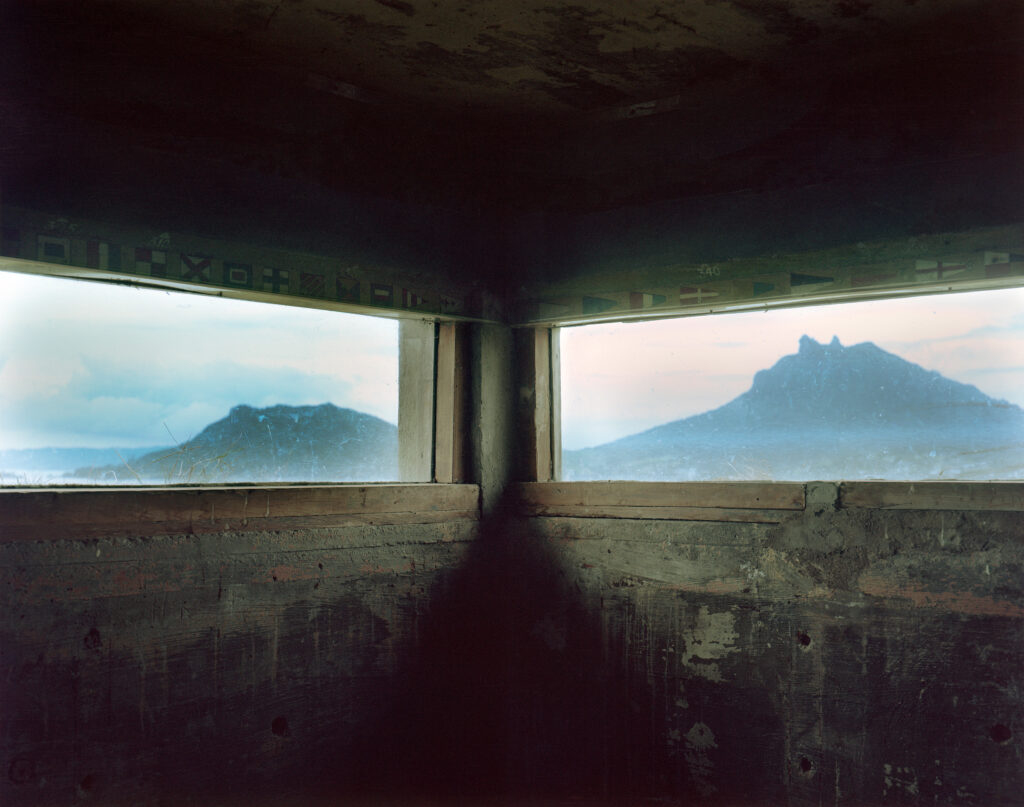Ngahuia Harrison (Ngātiwai, Ngāti Pukenga, Ngāti Kahu o Torongare) is a lens-based artist who works with analogue and digital photography, as well as moving image. Her research-driven practice is embedded in the specificities of place and mana-i-te-whenua, and often draws out the political and cultural complexities of the sites she pictures. Coastal Cannibals is a major suite of work made in and around Whangārei Te Rerenga Parāoa, the gathering place of whales or chiefs – renamed as Whangārei Harbour.
Harrison’s research for this project focused on the impact of government legislation on the Whangārei Harbour, predominately through the Marine and Coastal Area (Takutai Moana) Act of 2011. Turning her lens to sites of heavy industry and land privatisation, she pictures the ongoing impact that colonisation, government legislation and private development have had upon the land, water and people.
The oil refineries, cement works and residential developments in these images have caused extensive ecological damage to the harbour. However, these extractive industries have also contributed to the economic security of the region. They are major sources of pollution, but they are also sites of employment. As Harrison explains, ‘these are the places that mana-whenua worked, these are the places that have sustained whānau because the customary practices no longer sustain anyone. That is the consequence of a cannibal capitalism, that impedes our ability to subsist or access natural resources, if they haven’t been extinquished all together.’
In Coastal Cannibals Harrison articulates the complex interplay of place, indigeneity, and contemporary lived reality that plays out across the Whangārei Harbour and its surrounds. Although these sites are both geographically and culturally specific, the processes that they picture impact, and implicate, us all.






















































